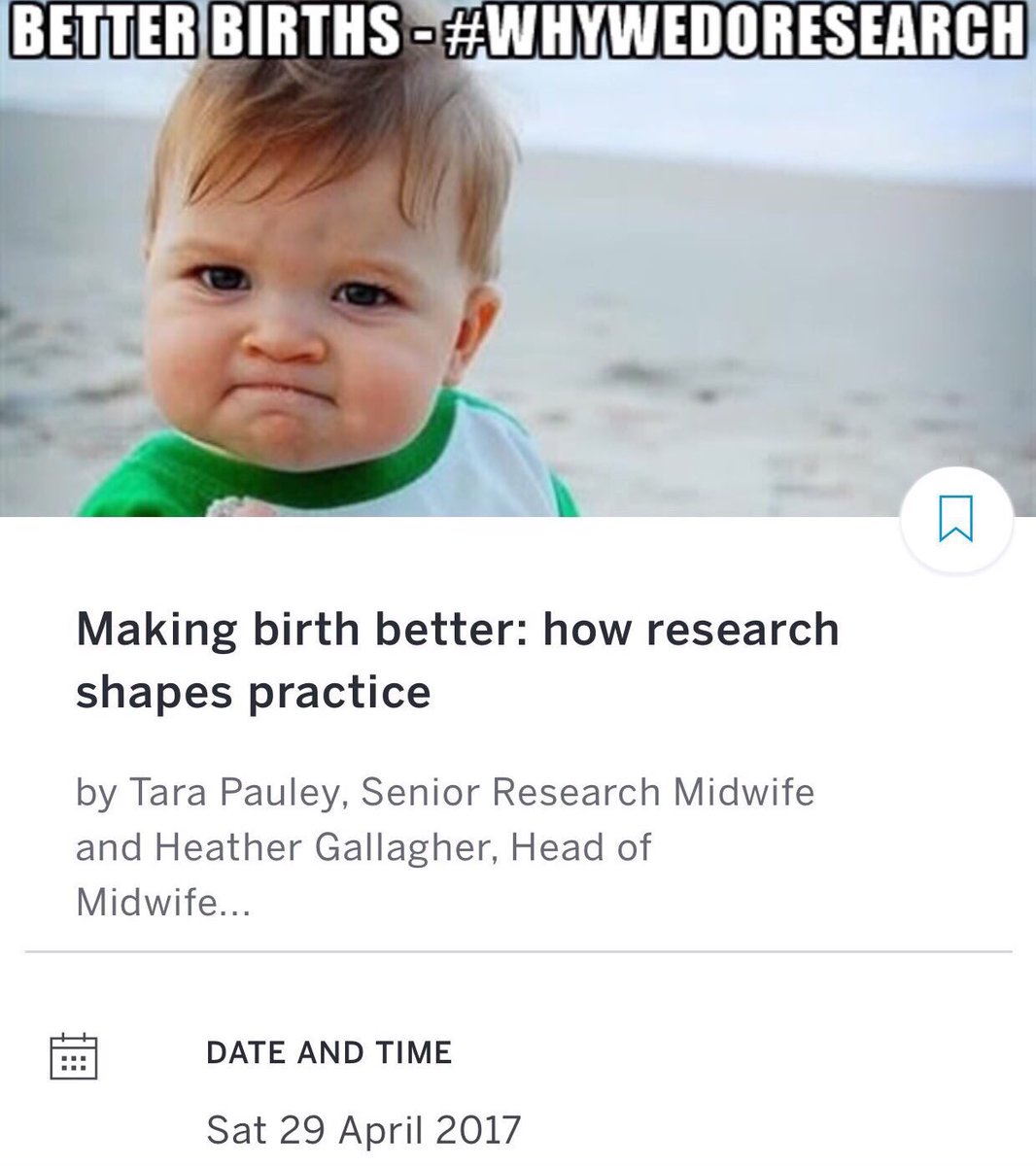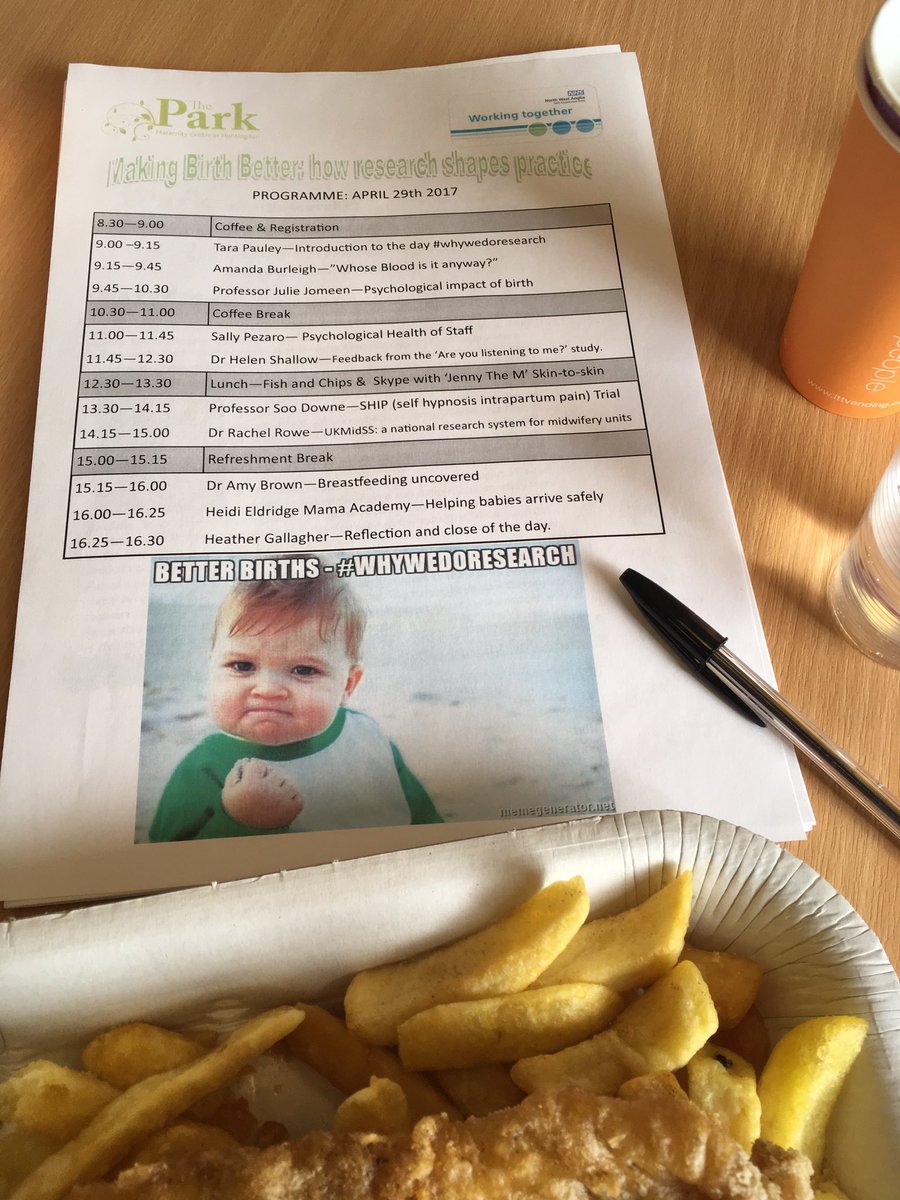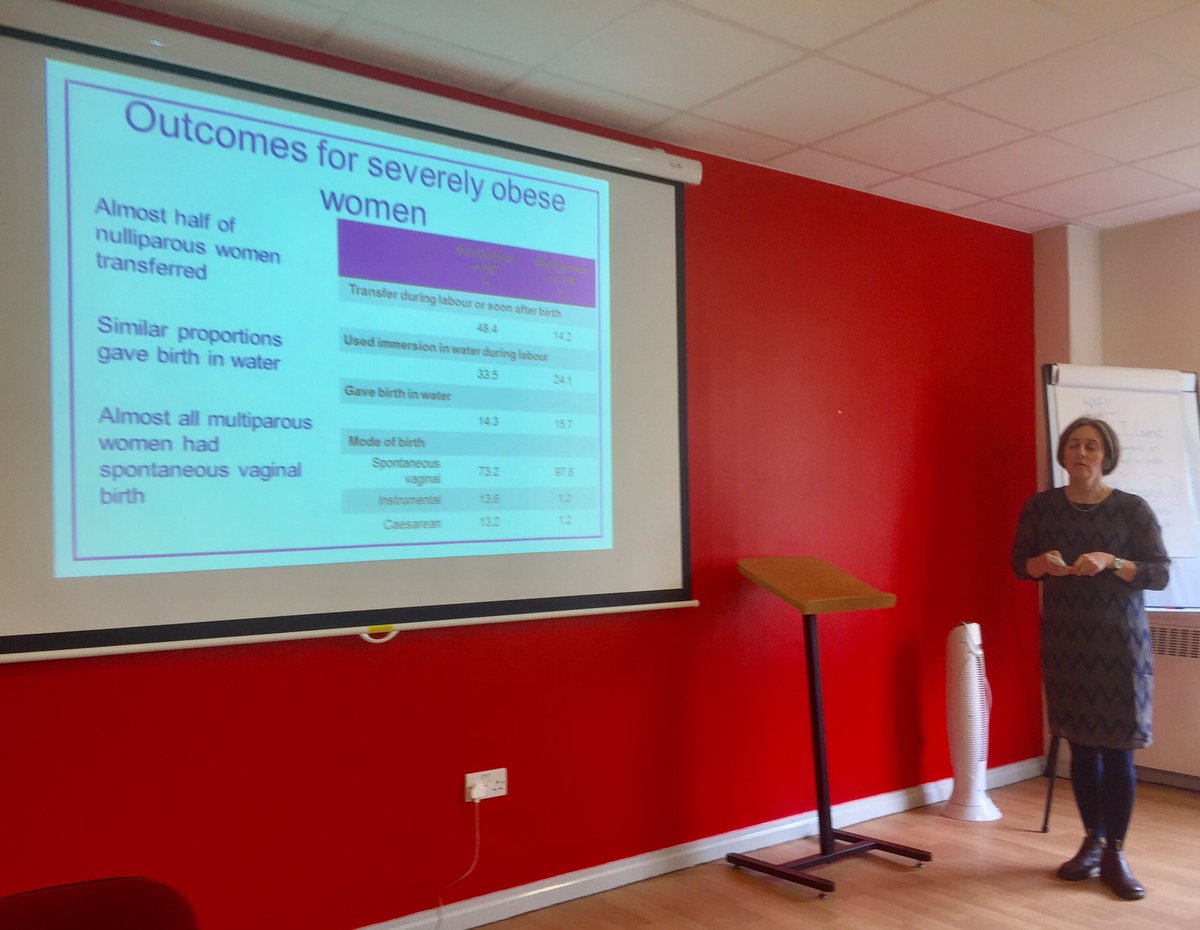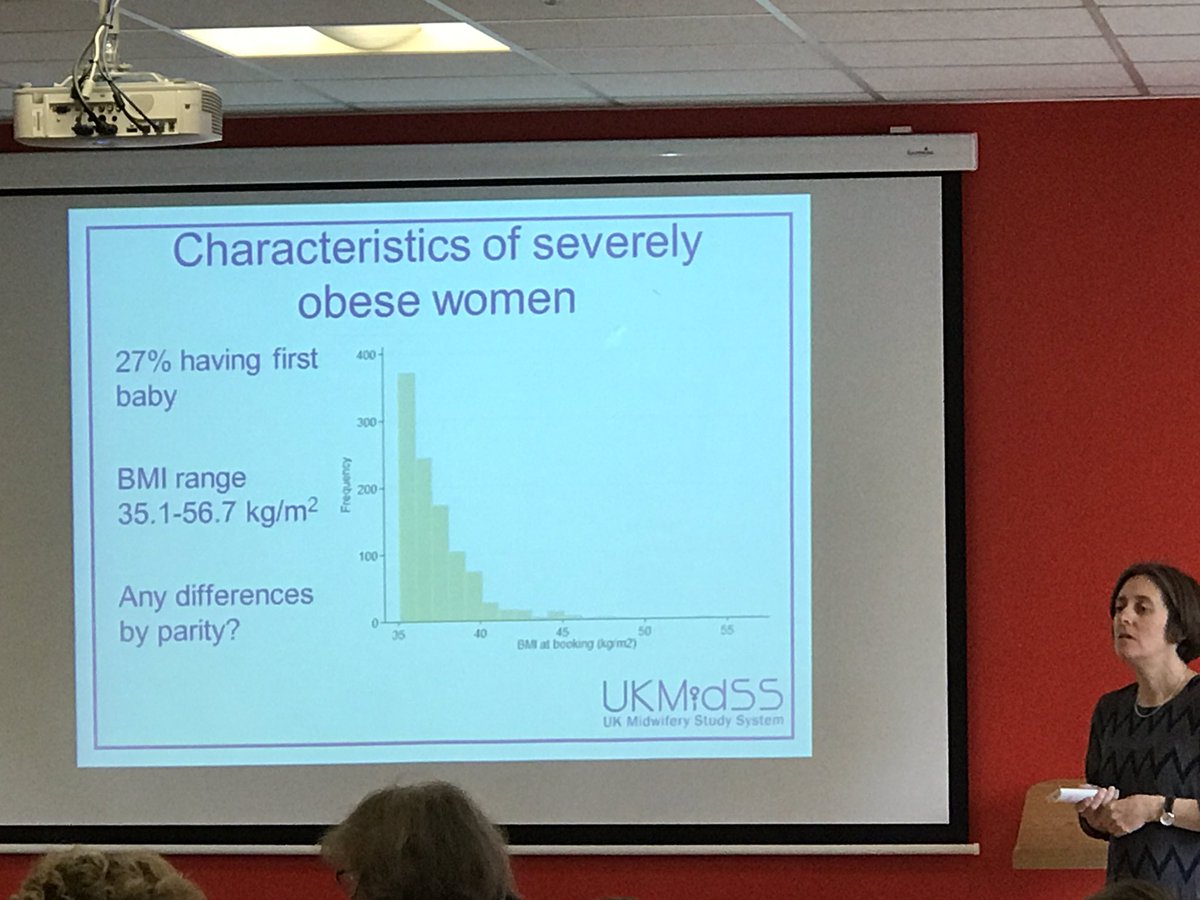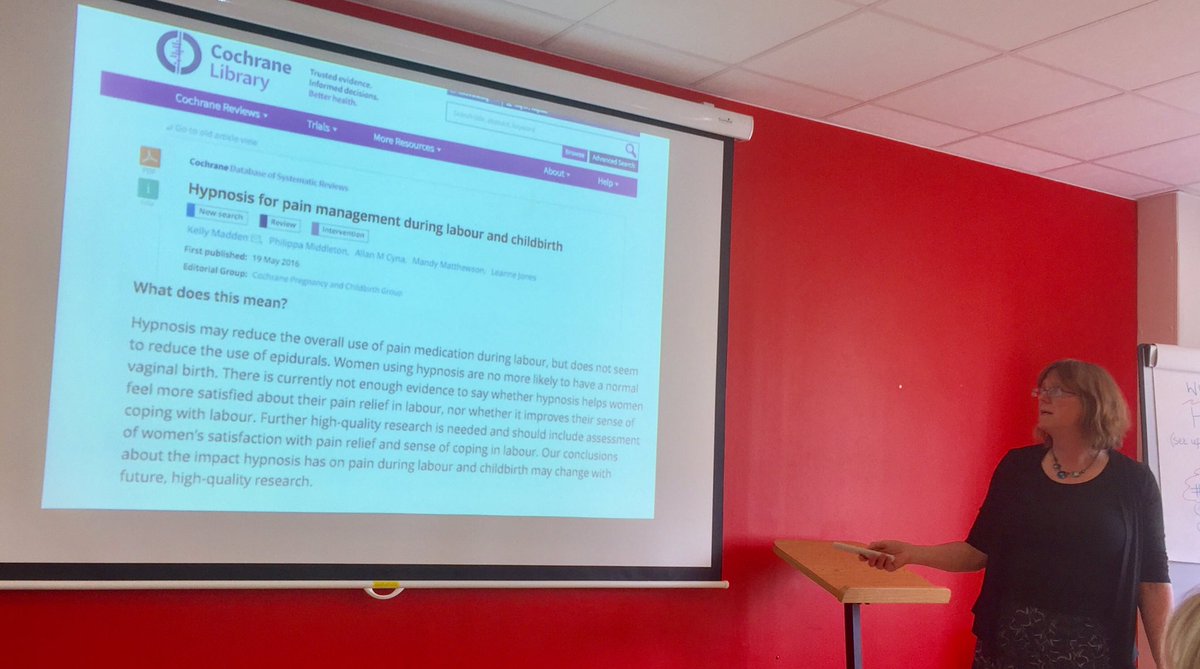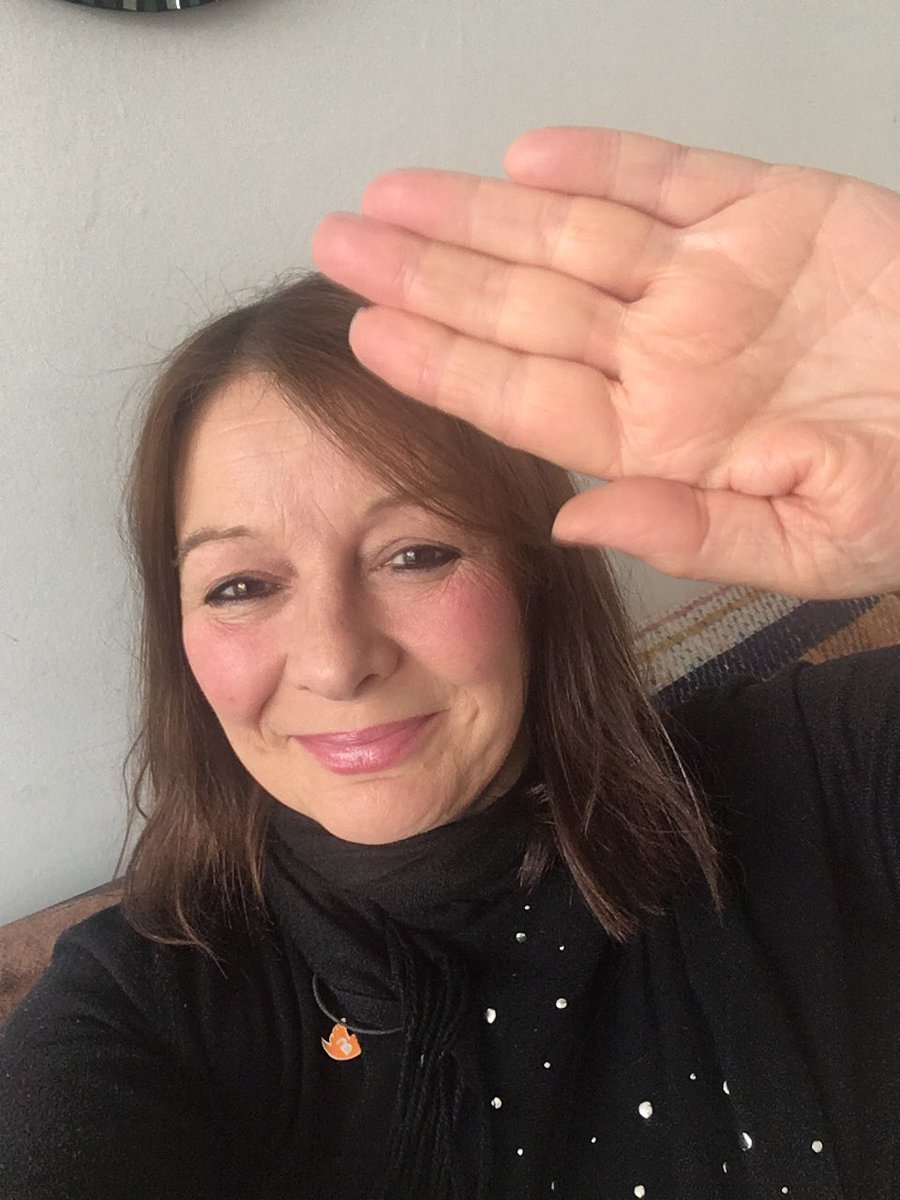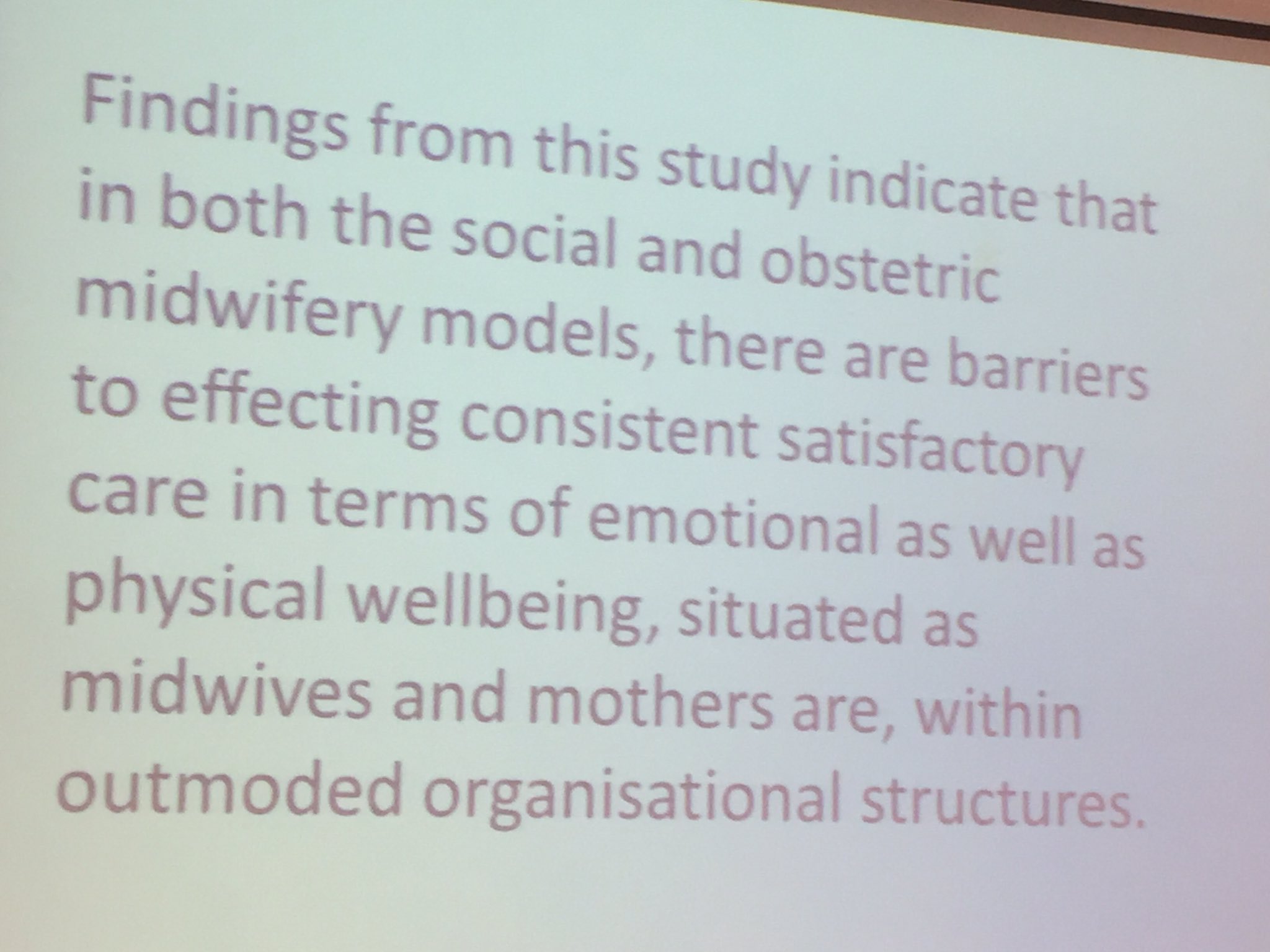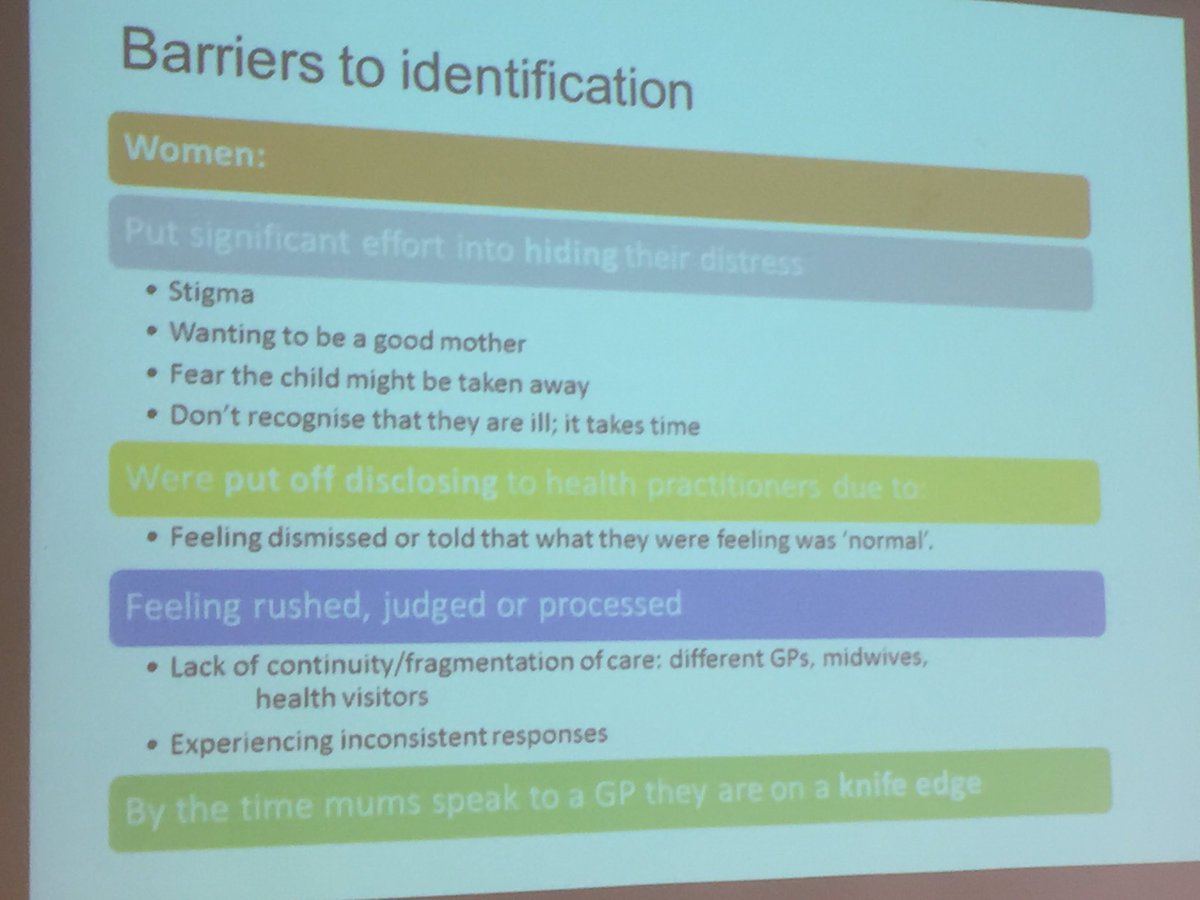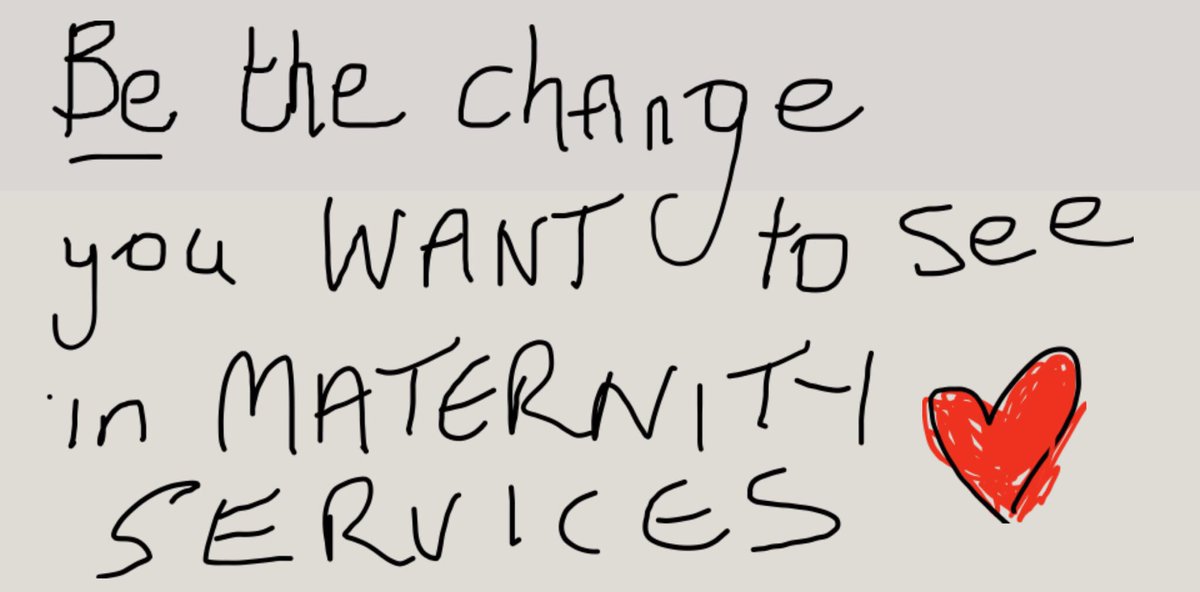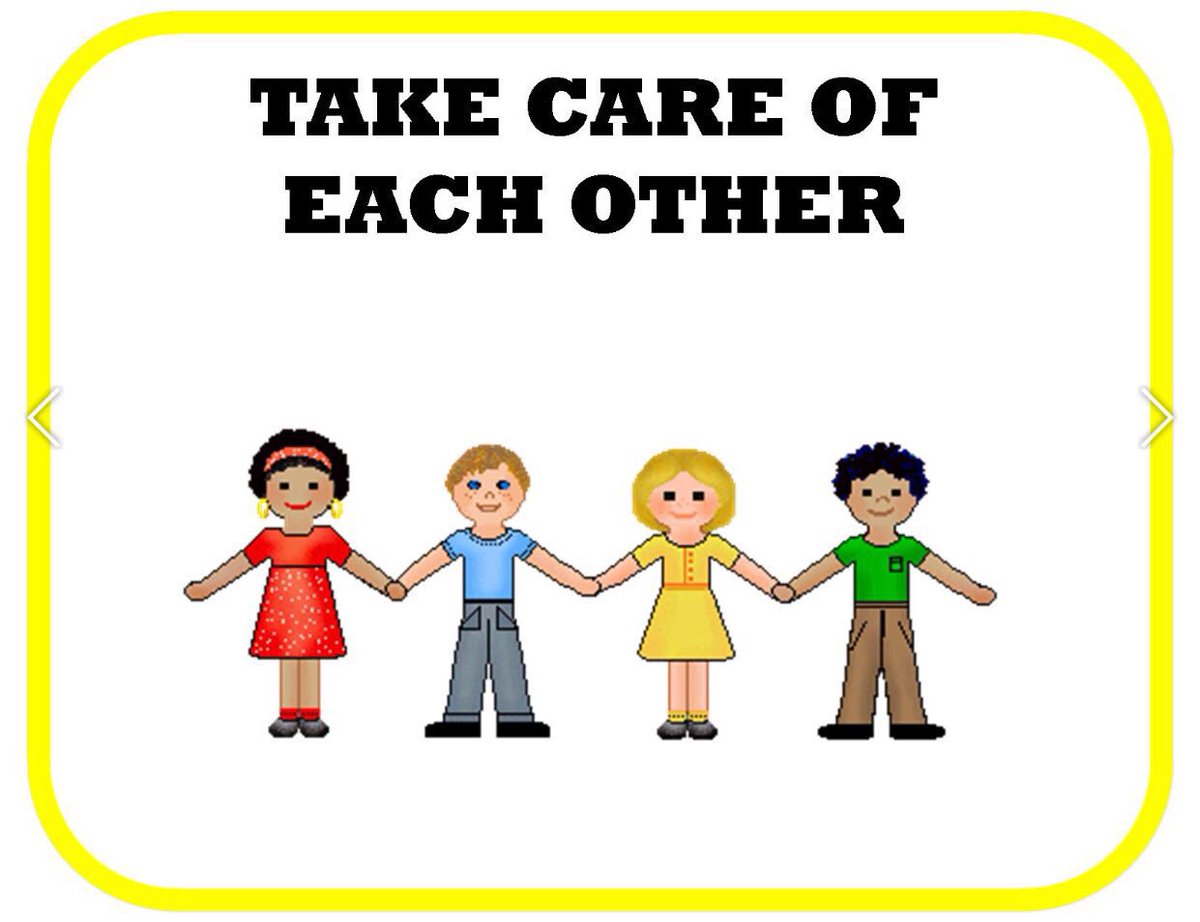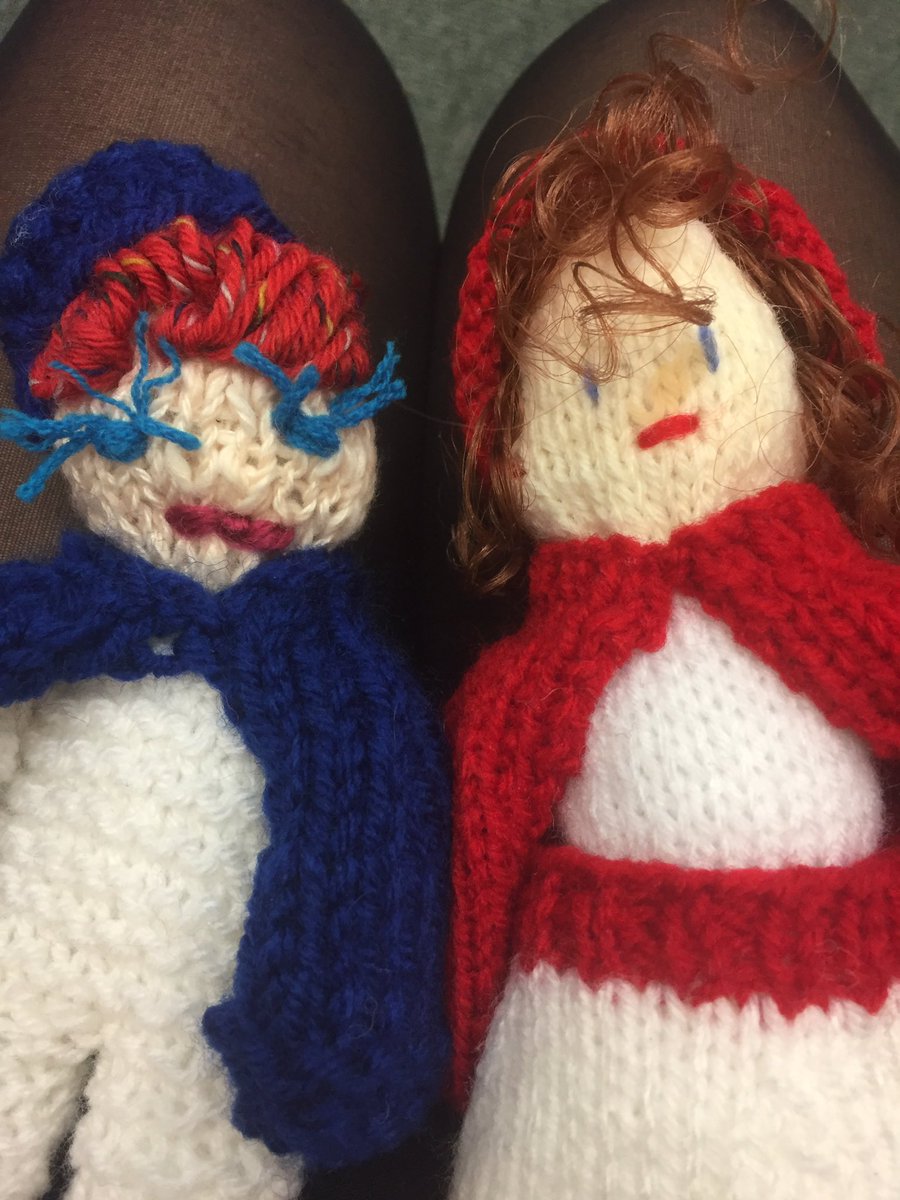
My vacation is now over following a visit to the 31st International Confederation of Midwives Triennial Congress in Toronto, Canada (ICM). I think we would all agree that this was an emotional occasion, as thousands of midwives came together from all over the world to both celebrate our wonderful profession and share new research, knowledge and ideas about our exciting future.
I was personally in awe of our midwifery leaders, who certainly inspired a passion for change, strength and future thinking in midwifery practice. I would like to think that my work will go some way towards building a bright future for the profession, and one day I hope to stand beside those on the main stage of midwifery who are ultimately steering the ship. Yet for now, I am learning from a plethora of inspirational midwives about how to thrive and implement change. As I come to the end of my PhD, I reflect on how I might move forward in partnership with the most inspiring midwives I know. It was an honor to spend time with them in Canada….see all of those flags?…What a wealth of knowledge!

Naturally, we were flying the flag for the Brits…

Throughout the conference I naturally gravitated towards all of the midwifery workforce presentations, my favorite and most passionate area of workforce research…Here are some highlights from these sessions below:









I would like to thank all of these wonderful research groups for sharing their insights with me, and for helping my understanding of midwifery workplace wellbeing to grow. I would also like to thank those at Nottingham University and Elsevier for inviting me to their exclusive evening receptions. I felt very honored to be among the best academic midwives in the world!

Thank you also to those of you who came to see me present some of my own research (done in partnership with my wonderful colleagues at Coventry University and NHS England of course). It was really enlightening to hear your thoughts on the staff experience!…The best is yet to come!

Equally, I would like to thank the audience who came to discuss my PhD work following my presentation at this wonderful conference. Indeed, there was much interest in this work going forward, and whilst other interventions were presented for mothers and babies, it was clear that by following the MRC framework for developing complex interventions and by incorporating the Revised Transactional Model (RTM) of Occupational Stress and Coping, this intervention, being deeply rooted within an evidence base, is now ready for co-creation.
It was particularly interesting to hear the audience keen to invest in this project and disseminate it widely across the profession. As an online intervention designed to support midwives in work-related psychological distress, this intervention certainly has the potential to be widely adopted. This was music to the ears of a global midwifery audience, who may often see things developed in other countries, and yet be unavailable in their own area of practice.
Again, the theme arose here that midwives wanted a place to talk and seek help confidentially, away from traditional channels. I see such places growing organically in the online arena, yet none seem to be fit for purpose, evidence based or co-created on a large scale. To me this suggests that the next phase of my research (to build and test an evidence and theory based online intervention designed to support midwives in work-related psychological distress) will be well received by the midwifery community, especially if it has the support of larger healthcare organisations who can champion its implementation, dissemination and testing.
To spread and embed a large and complex intervention such as this across the midwifery profession would indeed be a legacy. Yet this work may also support excellence in maternity care, increase safety and support effective retention and recruitment strategies for maternity services around the world. As such, taking this work forward will indeed be crucial since it has been reported that reducing stress and fatigue among maternity staff is key to reducing baby deaths and brain injuries during childbirth, according to a detailed new analysis published by the Royal College of Obstetricians and Gynecologists. The challenge is to turn the vision for online support into practice.

This was a wonderful, inspiring and thought provoking conference. To see a more detailed day by day summary, please see the wonderful blog by my dear friend ….
Day One
Day two
Day three
Day four
Day five
Last day
It is sad that my time in Toronto is now over, but I have returned home with a new found sense of hope and enthusiasm for doing great things in the midwifery profession….
Until next time..🤚🇨🇦🇬🇧
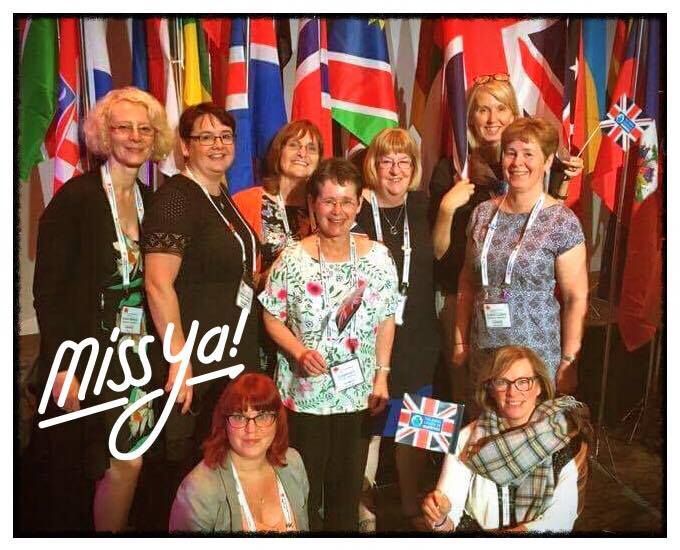
If you would like to follow the progress of my work going forward..
Follow me via ; The Academic Midwife; This blog
Until next time…Look after yourselves and each other 💚💙💜❤


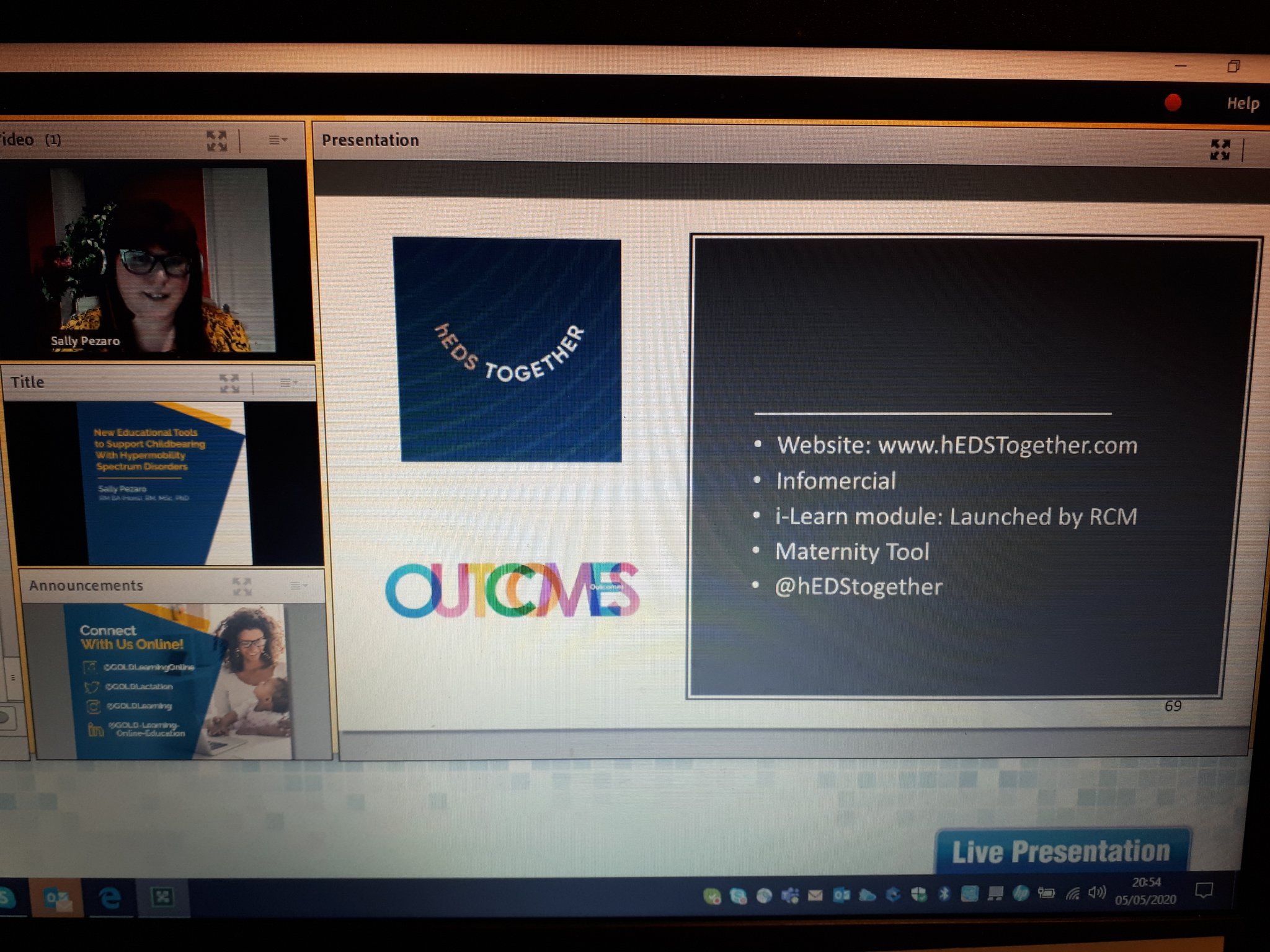

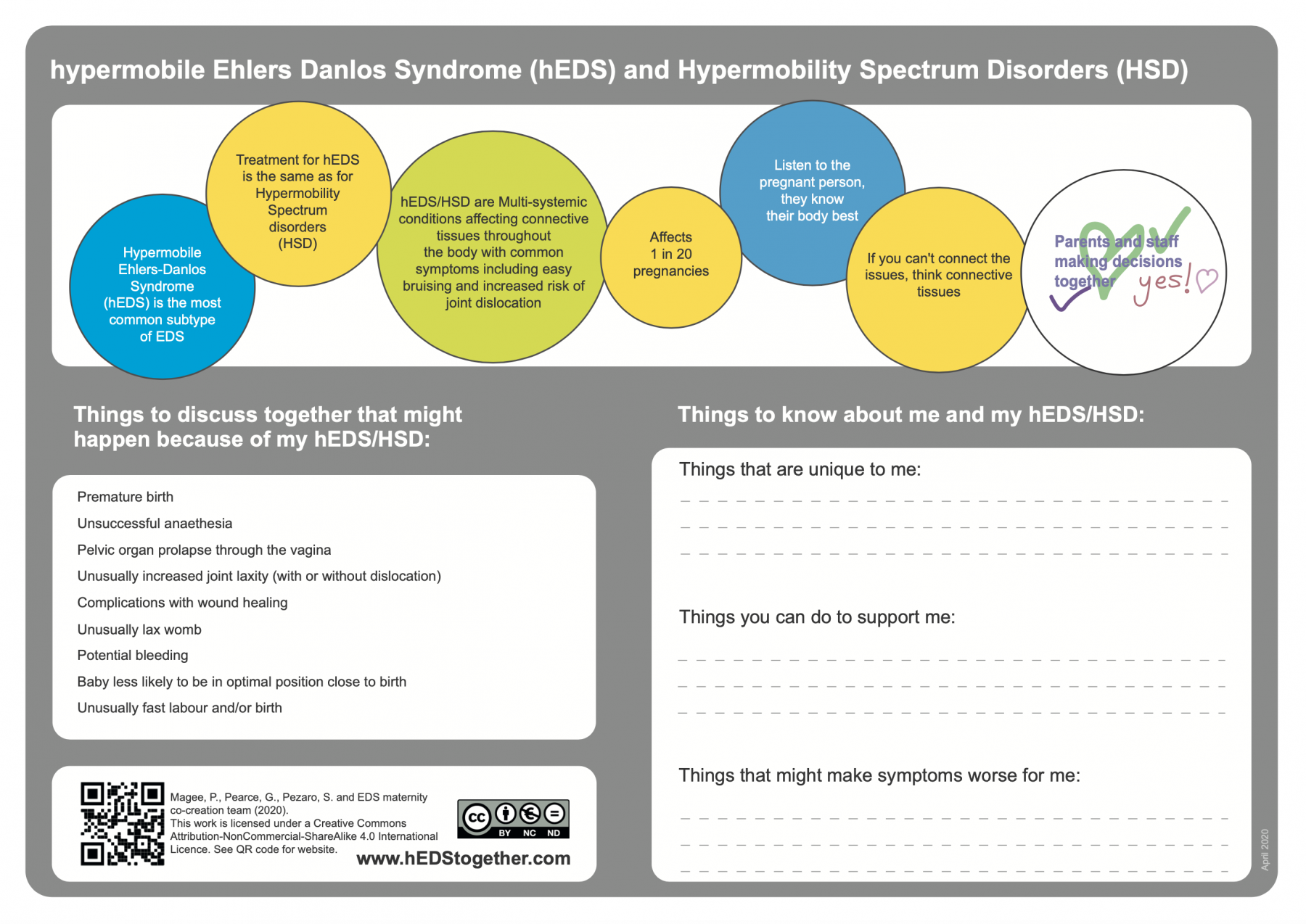


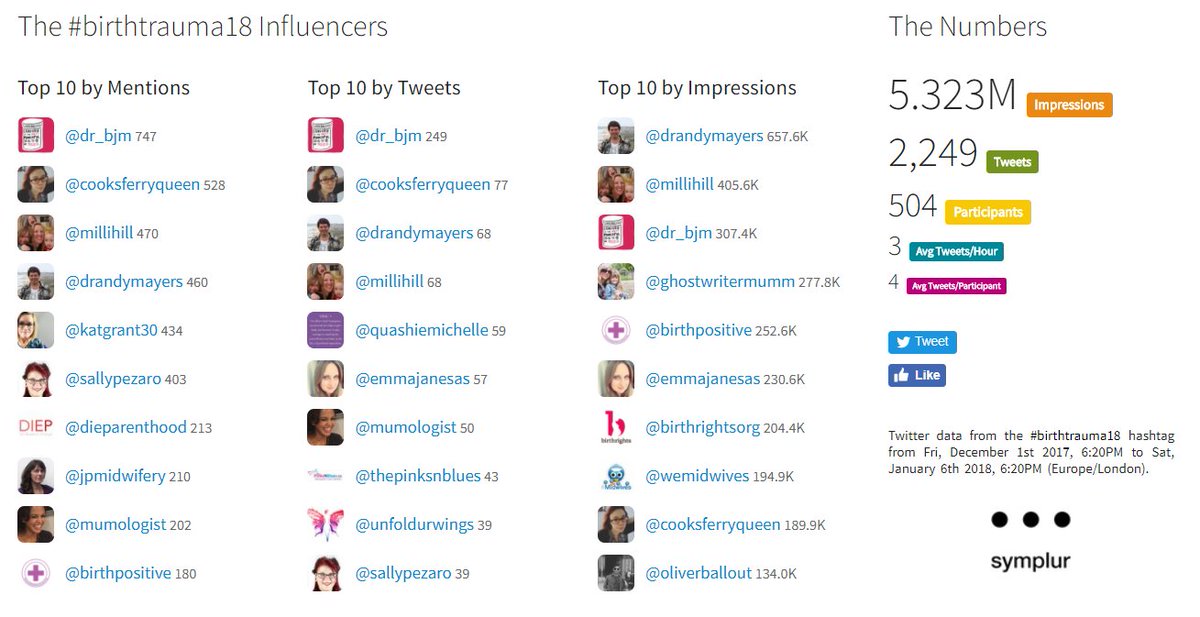






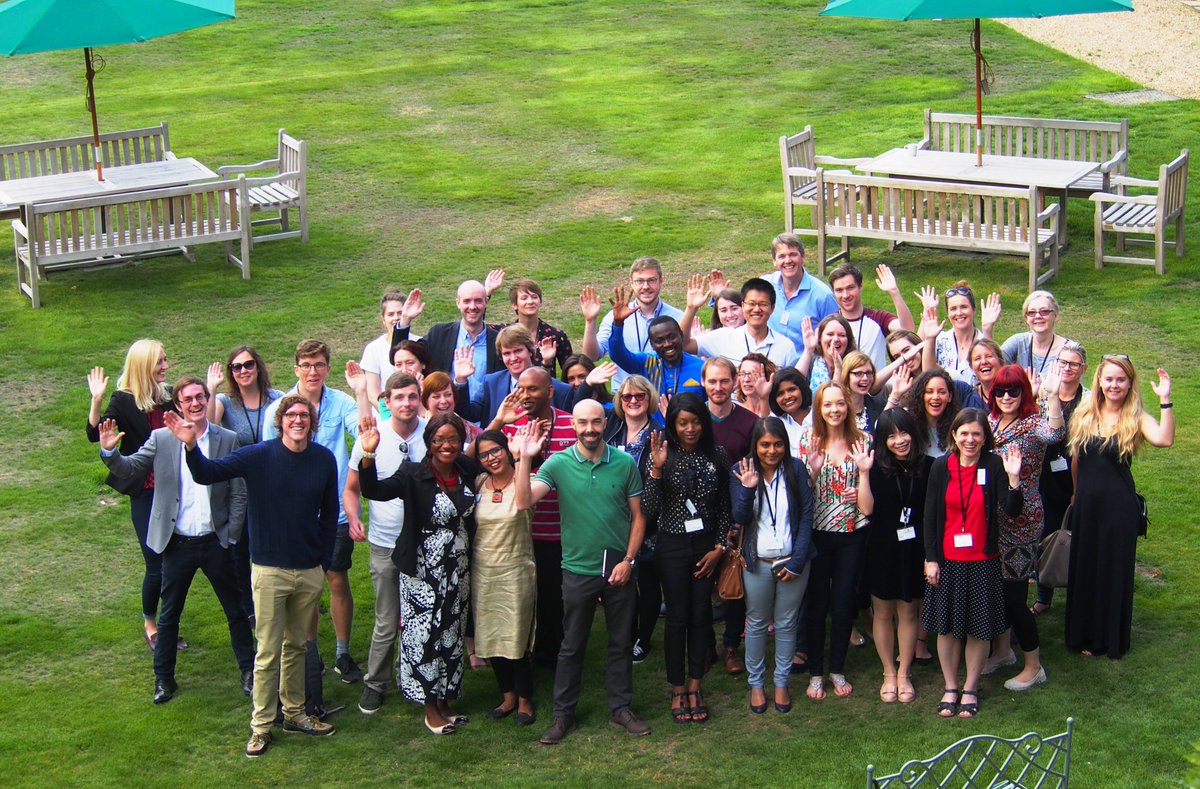

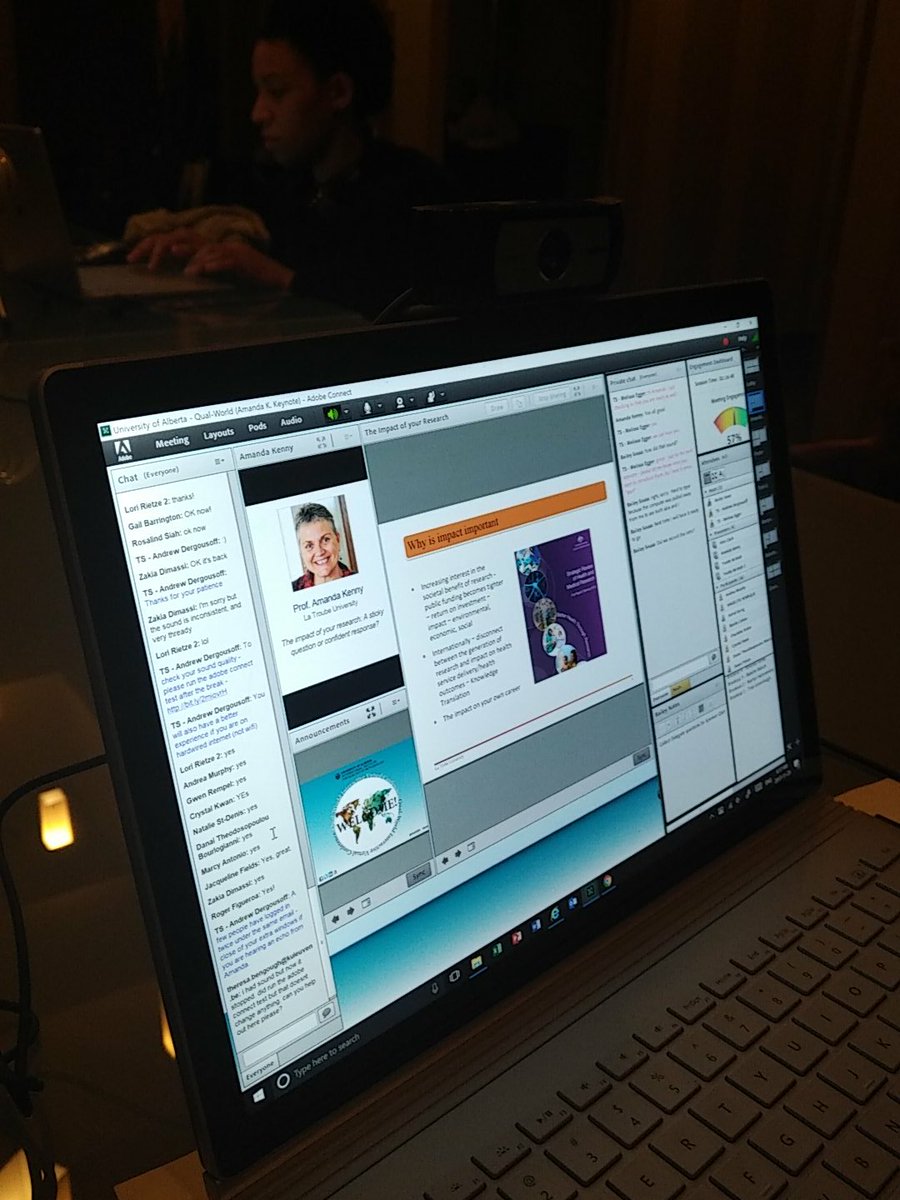
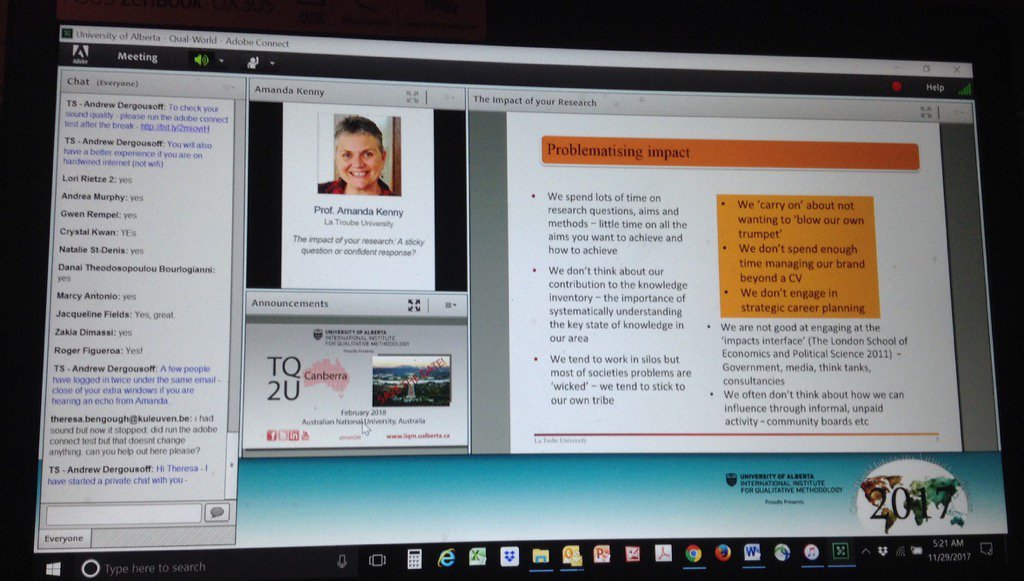
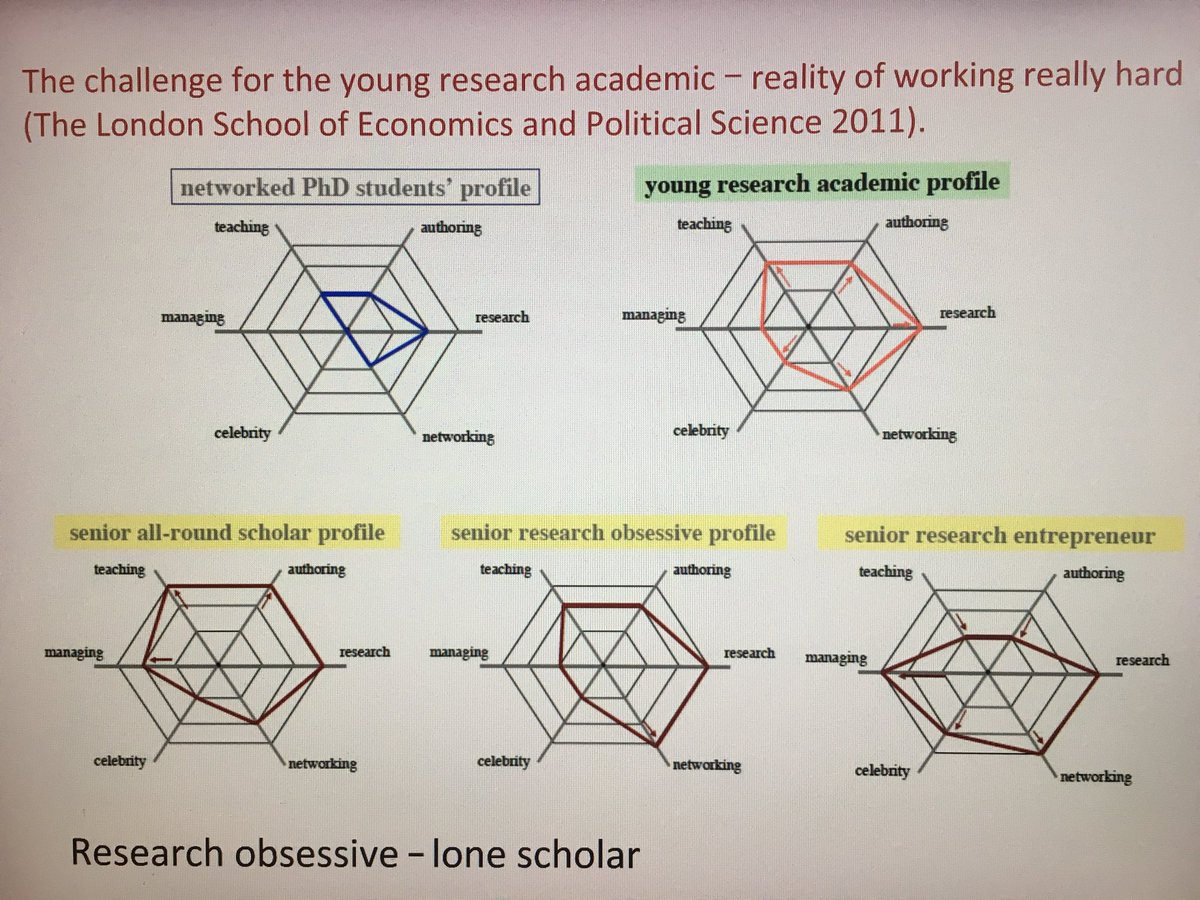
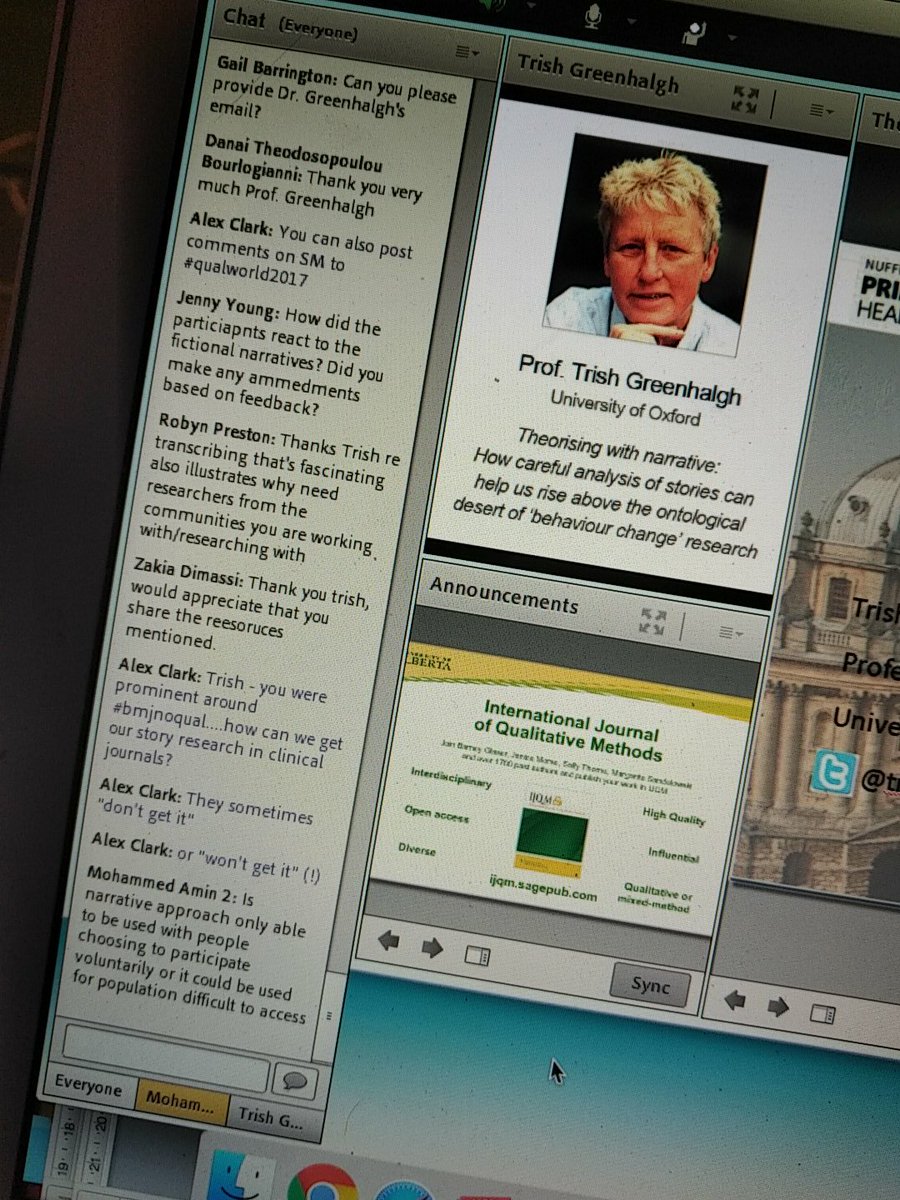
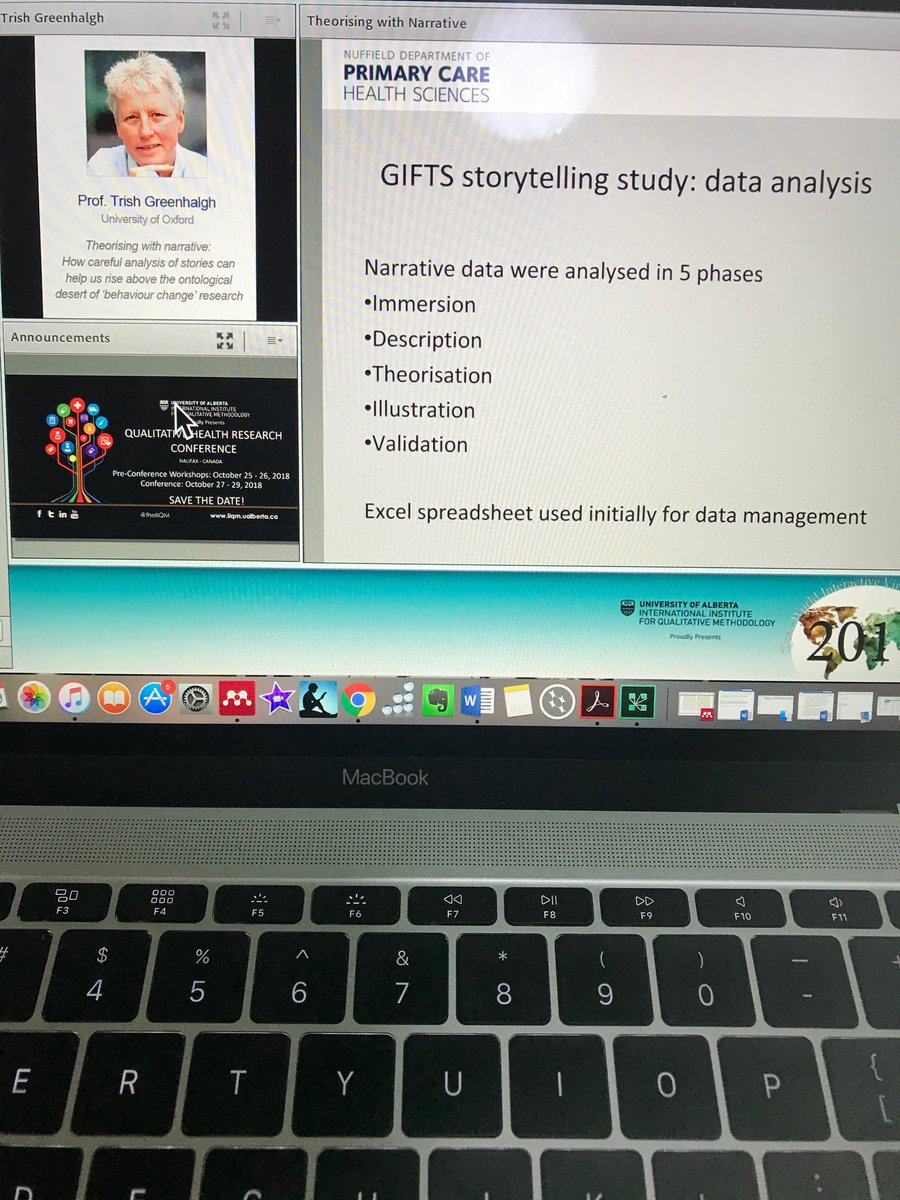

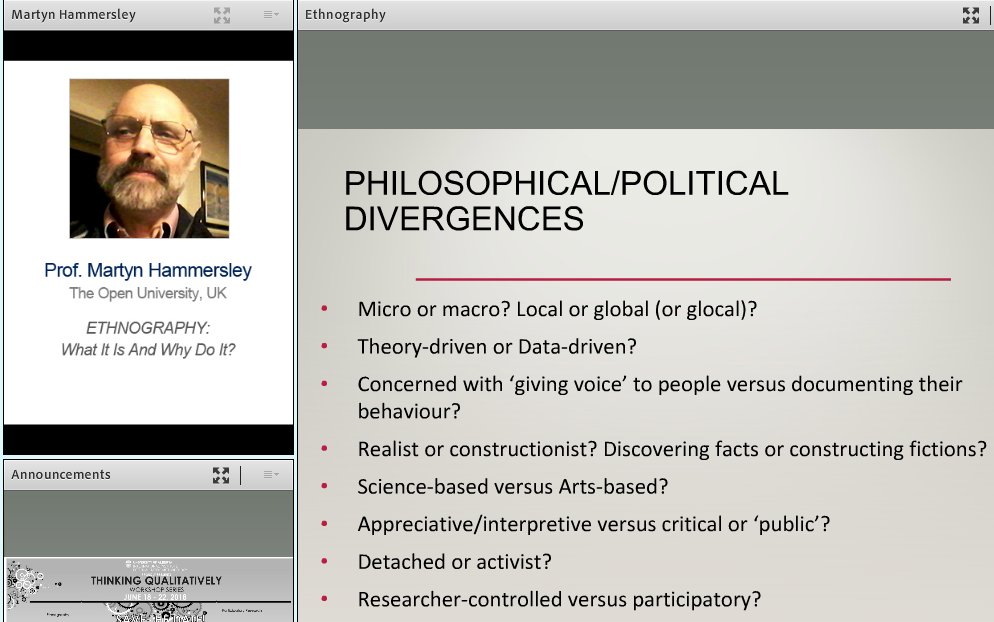
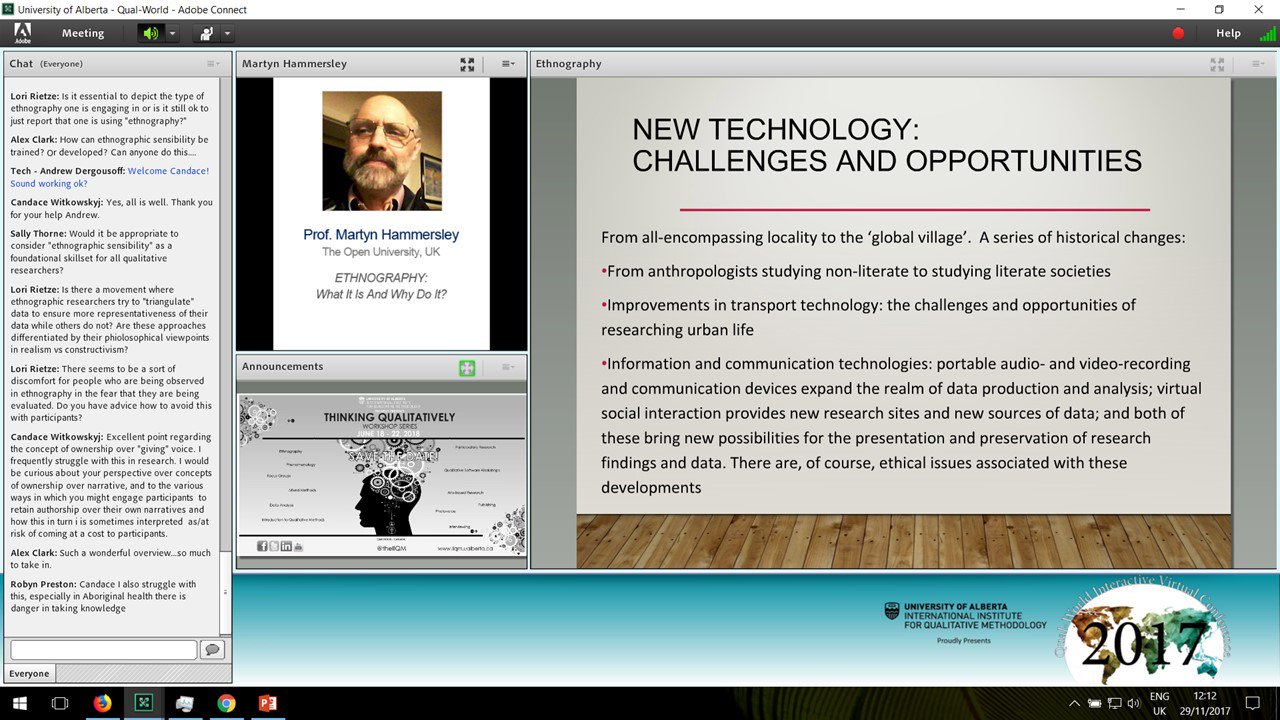
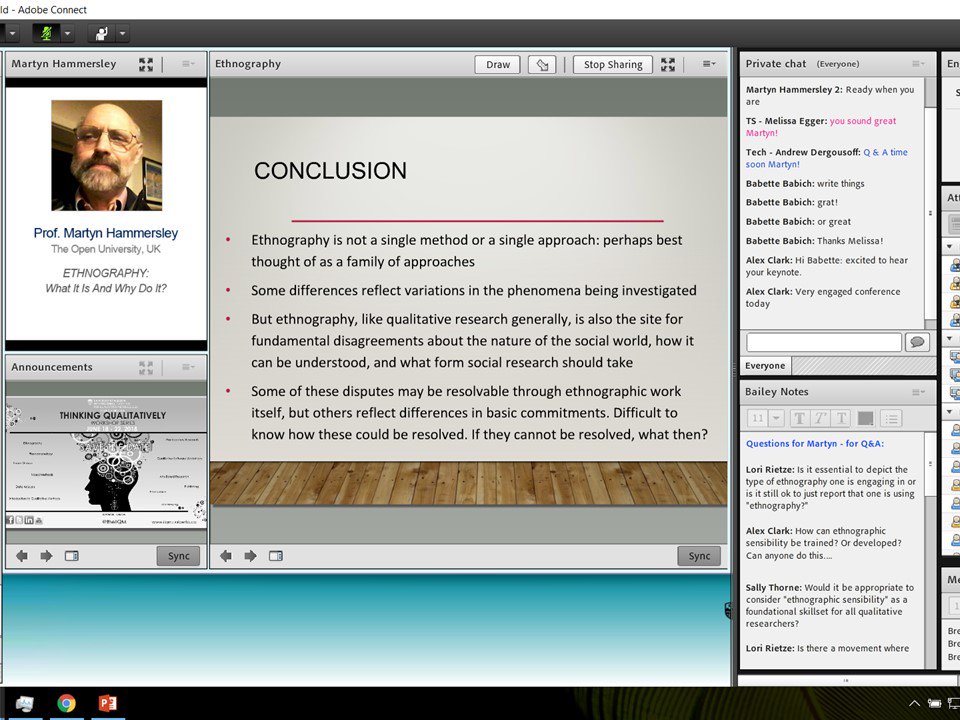
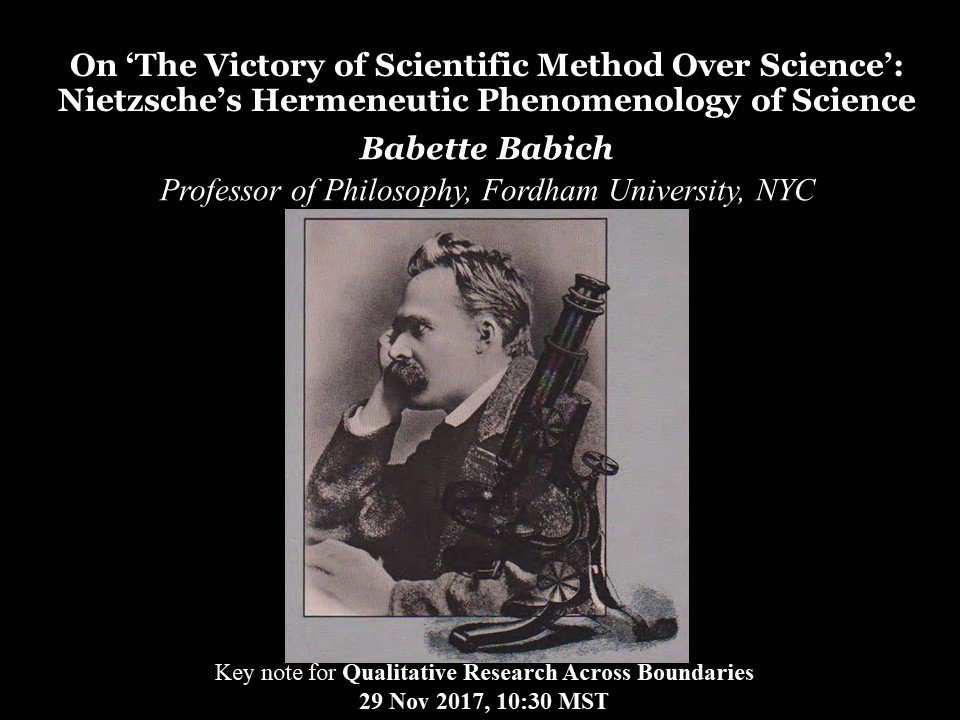
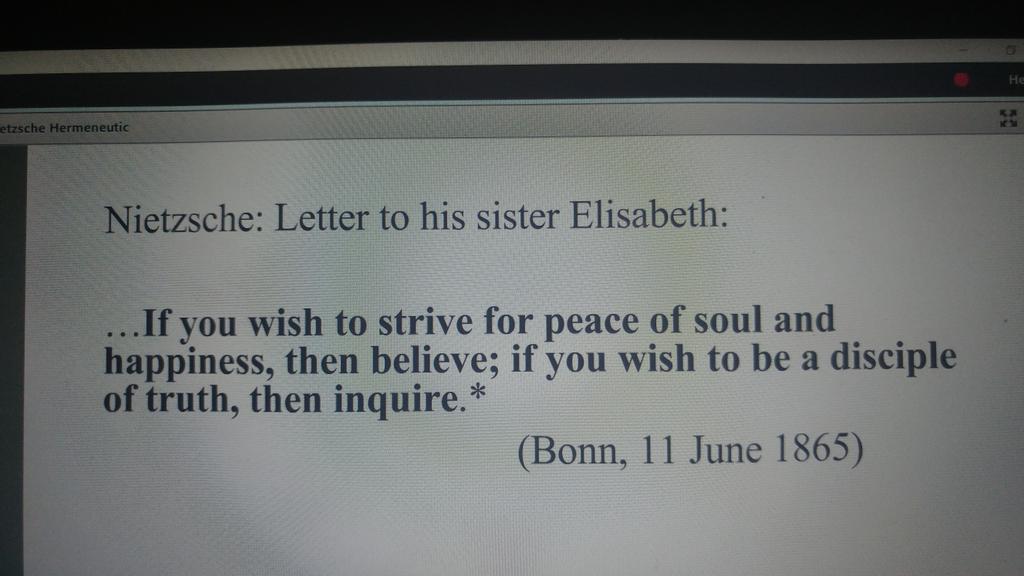
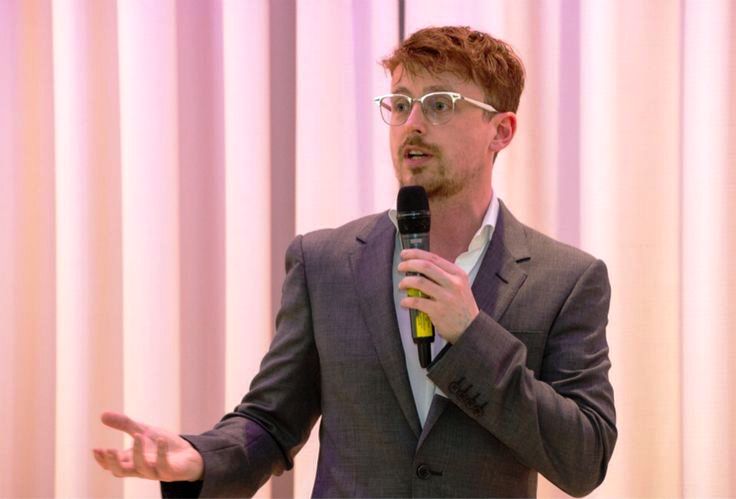


















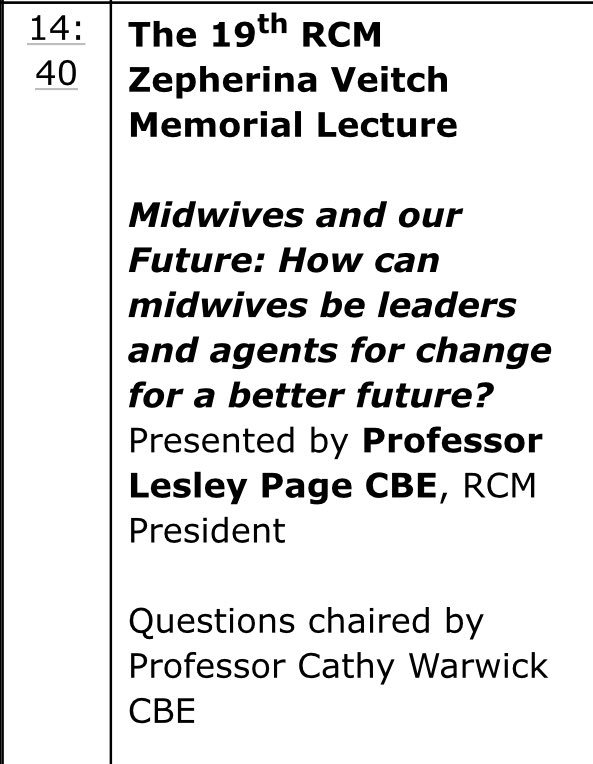


 But
But 






